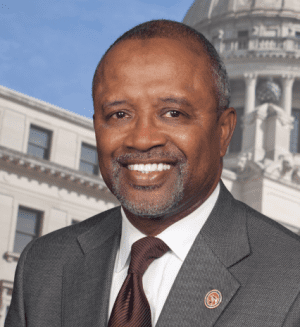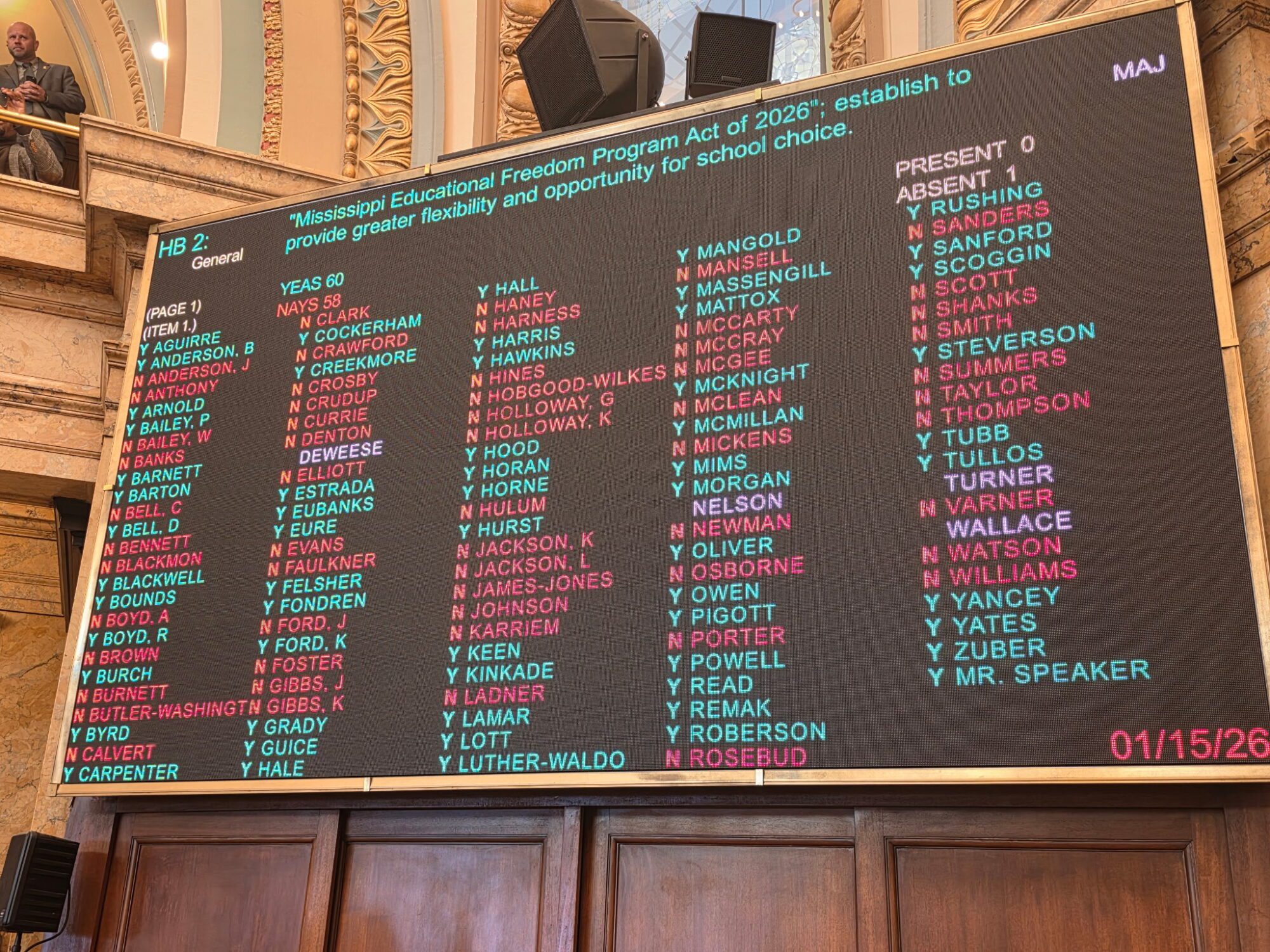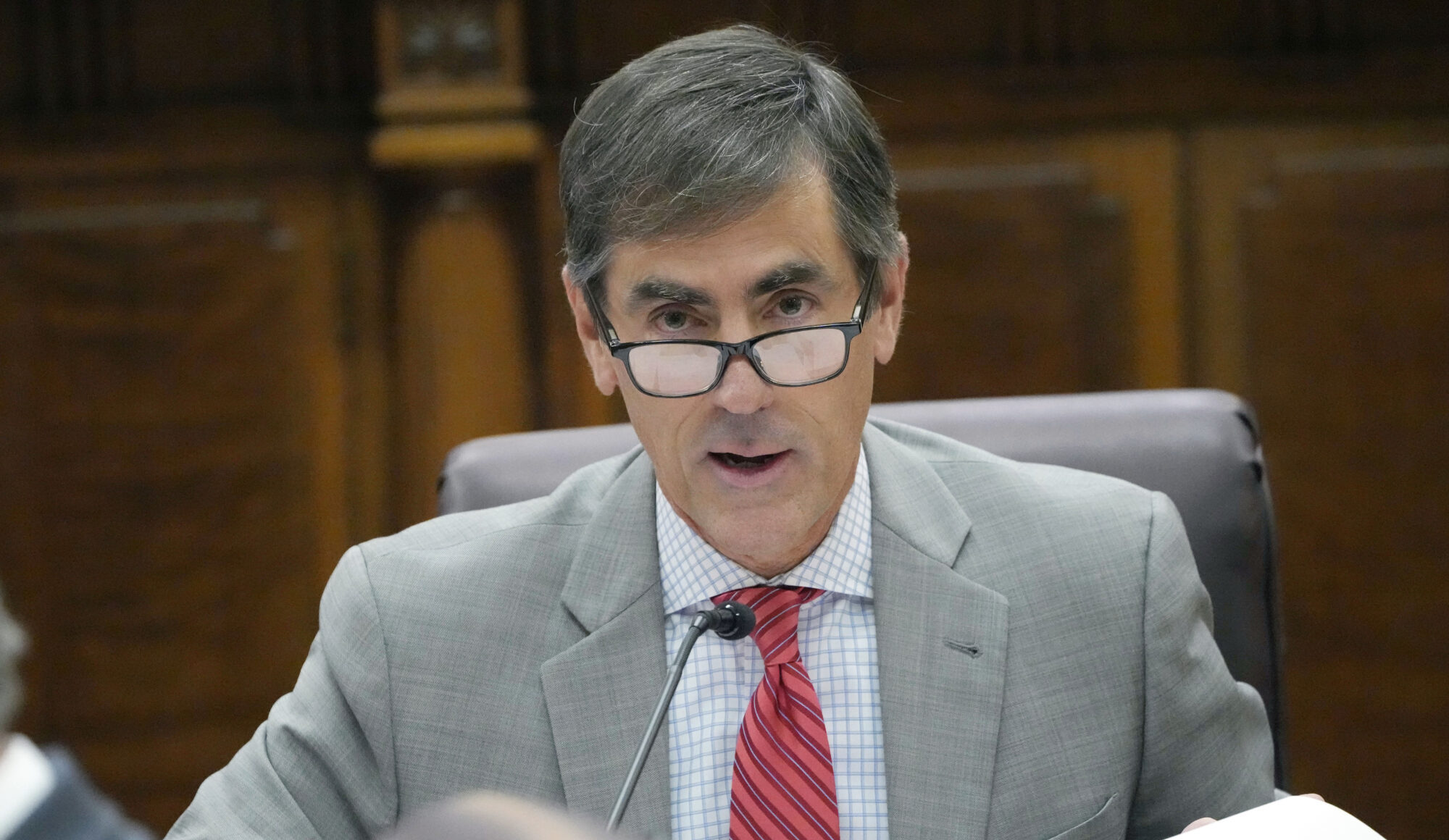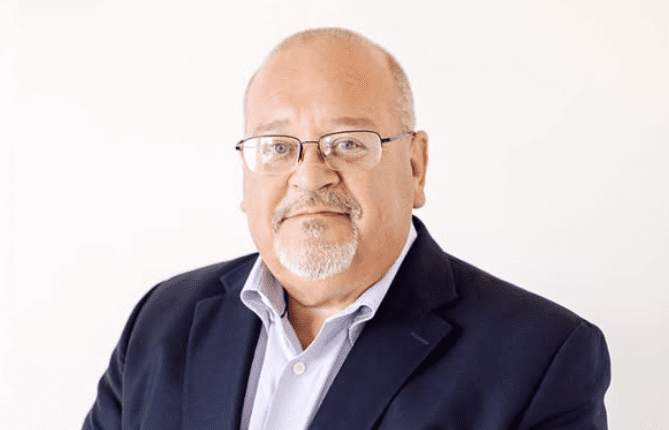
When your best explanation for humiliating failures is that you were incompetent, not criminal, you are in trouble. When your defense is that underlings are to blame, you can expect them to bite back. That’s the situation facing James Comey, former FBI director. His current story matches Richard Nixon’s lame admission: “mistakes were made.”
Not that Comey made those mistakes himself, mind you. Mere sloppiness by others, he says. That’s his new story. His old one was that the FBI did everything by the book and that his critics were dishonest partisan hacks. His self-righteous stance went down the garbage disposal last week when Inspector General Michael Horowitz issued his devastating report and then told a Senate committee that Comey was wrong when he said the report vindicated him and the bureau.
Comey is still drifting down that river in Egypt, denying he failed in his basic duties. Yet he signed surveillance warrants as “truthful and verified” when he knew (or should have known) they were neither. He and senior officials at the Department of Justice used the same misinformation four times to spy on Carter Page, claiming, without evidence, that Page might be a Russian agent.
Caught in these lies, Comey is reluctantly admitting that he relied on the FBI’s standard procedures for gaining warrants and that underlings may have been careless. They may well have been, but so was Comey. Moreover, it was the director himself who gutted the safeguards designed to prevent overzealous agents from deceiving the court.
The errors were inexcusable. Comey and DoJ officials told the Foreign Intelligence Surveillance Court that Page might be a “foreign agent,” without telling them that Page had cooperated with U.S. intelligence for years — and was still doing so. Special Counsel Robert Mueller examined Page and came up empty. The crime here was not Page’s. It was committed by top law-enforcement officers who misrepresented the evidence.
Once spying on Page and the Trump campaign became public knowledge, Comey and House Intelligence Committee Chairman Adam Schiff claimed it was all perfectly justified. After all, the warrants were approved by the FISA court. What they didn’t say was that the court had been given false and misleading information, while exculpatory evidence was withheld.
Why did senior FBI and DoJ officials care so much about spying on an unknown minor political figure? Because they expected Carter Page’s email, phone calls, and texts would open a window into the whole Trump campaign, transition, and presidency.
The heart of the warrant application was the “Steele Dossier,” which is filled with outrageous, unverified claims, many of which were absurd on their face, and some of which the FBI itself knew to be untrue. The New York Times, hardly a friend of Trump’s, says the dossier may well be Russian disinformation. Comey told President-elect Trump he had no confidence in the dossier, even as he was telling the FISA court the exact opposite. Comey’s briefing gave Trump very little information, but it did serve two purposes. First, it let Trump know that the bureau could damage him badly, even if the information was untrue (as Trump presumably knew). Second, it gave the media cover to hype the story once the bureau leaked news of the briefing. Until then, no reputable media would discuss the Steele Dossier because they couldn’t verify its claims.
Later, when news accounts said the dossier had been used to spy on an American citizen, Comey, Schiff, and their compatriots worked themselves into a lather over the word “spying,” while inaccurately downplaying Steele’s role. The dossier was merely part of a “broader mosaic,” as Comey put it. Elegant words. But are they true?
No. According to FBI internal communications at the time, the Steele dossier was the primary evidence in the application. The bureau’s own legal counsel called it “essentially a single source FISA” (Horowitz report, p. 132). A top FBI agent confirmed that point, telling Congress the warrant would never have been approved without the dossier. IG Horowitz said the same thing, calling the Steele dossier “central and essential” to gaining the warrant. Still, Comey and Schiff stuck with that story until last week. So did the mainstream media, to their lasting damage. The Horowitz report sank it.
Comey is still clinging to the fiction. On Sunday, when questioned by Fox News’ Chris Wallace, Comey denied the dossier was bunk and added that the warrant application included lots of additional information. Actually, a key part of that “mosaic” was yet another fable from Christopher Steele, deceptively repackaged. Steele was the hidden source for a Yahoo! News story, which the FBI apparently folded it into its warrant application. Got that? Steele was the “independent” support for his own dossier. Was the bureau really fooled? Not likely, since officials already knew Steele was shopping his report to the media and they had fired him for it. They also knew he had spoken to the U.S. State Department without authorization. They hid all that damaging information from the court. That’s not sloppy. That’s deceit.
The FBI had plenty of evidence that Steele was unreliable and plenty more that his reporting was corrupted by political bias. A State Department official told them so after speaking with Steele before the first FISA application. They received even more compelling evidence in early January 2017, when agents finally got around to interviewing Steele’s primary source. The FBI didn’t bother to interview this crucial “subsource” before the first warrant, but it had the information before the warrant was renewed.
The source flatly stated that Steele had twisted and exaggerated his statements, which were nothing more than gossip, rumors, and “bar talk.” Yet those worthless claims were the heart of the dossier and, hence, the surveillance warrant. The FBI knew that before renewing the warrant and it should have given the damning information to the FISA court immediately. It didn’t. Worse yet, officials told the court the application was even stronger because Steele’s source was “truthful” and “reliable.” What they didn’t say was that this truthful, reliable witness had undercut the dossier and hence their warrant application. That’s not sloppy. That’s deceit.
Comey and others who signed the FISA applications never told the courts, in plain language, that their “central and essential” evidence came from the Clinton campaign, was funded by Hillary and the Democratic National Committee, and was based on unreliable (or malign) Russian sources. They buried that vital information in a footnote and used elliptical language when a simple, honest statement would have been far easier. That’s not sloppy. That’s deceit.
Comey has never explained why Peter Strzok, his key agent on the Hillary Clinton investigation (called “Mid-Year Exam”), believed Trump’s victory in the Republican primary meant there would now be pressure to end the Clinton email investigation quickly. Strzok said so bluntly in a text on the day Trump defeated his final challenger in the primaries. Why should Trump’s success have any effect on the FBI’s investigation of Hillary Clinton? It shouldn’t, not if the bureau had been run honestly.
Comey now claims these manifold errors were inadvertent, made by unbiased agents, and that his only mistake was in relying on them and standard FBI procedures. There are two problems with his argument. First, if the mistakes were all innocent errors, then some should have favored Trump, Page, and others in the Trump campaign, transition, and early presidency. None did. Every “mistake” harmed Trump and his aides. That includes the FBI’s refusal to brief Trump on Russian efforts to penetrate his campaign. Not only did Comey leave him in the dark, the FBI director actually filed investigative reports on the president-elect after speaking with him. Comey has still not explained why he didn’t brief Trump or why he investigated him.
Second, Comey still claims the investigation did not begin until late July 2016. But we now know that U.S. intelligence assets (from either the FBI or CIA) recorded Trump campaign aides several months earlier and tried to entrap them. Who authorized and paid for these efforts? On what legal basis? Since counterintelligence projects are done for the president, what role did the Obama White House play and what did officials there know? Who, if anyone, launched this U.S. spy ring and who coordinated the efforts? Suspicions center on CIA Director John Brennan, but we really don’t know. We should. We should also know if the CIA outsourced spying on U.S. citizens to friendly foreign governments in Britain, Australia, Italy, and elsewhere.
Finally, Comey excuses himself for relying on “robust” FBI procedures to protect against FISA abuse. What he doesn’t say is that he eviscerated those procedures when it came to spying on Carter Page. The most important protection is that senior FBI officials supervise lower-level agents, who handle day-to-day operations. Comey undermined those safeguards when he pulled the investigations out of the field offices and into his headquarters, to be handled by his handpicked staff. No one was left to guard the guardians.
Why does this all this dishonesty and incompetence matter, going forward?
For starters, our government needs powerful surveillance tools to track foreign foes and terrorists, but the public won’t support them if it fears they will be used indiscriminately and illegally to spy on innocent U.S. citizens. The right remedy is to install far better procedures, investigate everyone who violated the old ones, and indict anyone who violated criminal laws.
Moreover, spying on political campaigns endangers free speech and fair elections, which are essential to democracy. There must be compelling reasons for such surveillance and special safeguards to prevent abuse. One is to require the attorney general to sign off on warrants involving campaigns for Congress or the presidency or on incumbents in those offices. Another is to require the candidate or officeholder to be fully briefed unless the AG and FISA courts certify an exception.
The greatest danger lies in snooping on an opposition party. That’s exactly what happened here. A Democratic administration used law enforcement and intelligence resources to conduct espionage on Republican opponents. It gained warrants using false information provided by the Democrats’ own candidate, who paid foreign agents (through intermediaries) for the information. The judges who approved the warrants were apparently duped, the targeted campaign never warned. If these charges are substantiated, they represent one of the worst political scandals in American history.
We need to know if it really was that bad. And we need real accountability. For three years, James Comey, John Brennan, James Clapper, and other senior Obama officials have told us there is nothing to see here. The media followed meekly, abdicating its responsibility to investigate.
It’s time to clear away the smokescreens and deceit. It’s time for transparency. It’s time for a reckoning.
#####

A native of the Mississippi Delta, Charles Lipson is the Peter B. Ritzma Professor of Political Science Emeritus at the University of Chicago, where he founded the Program on International Politics, Economics, and Security. He can be reached at charles.lipson@gmail.com.








